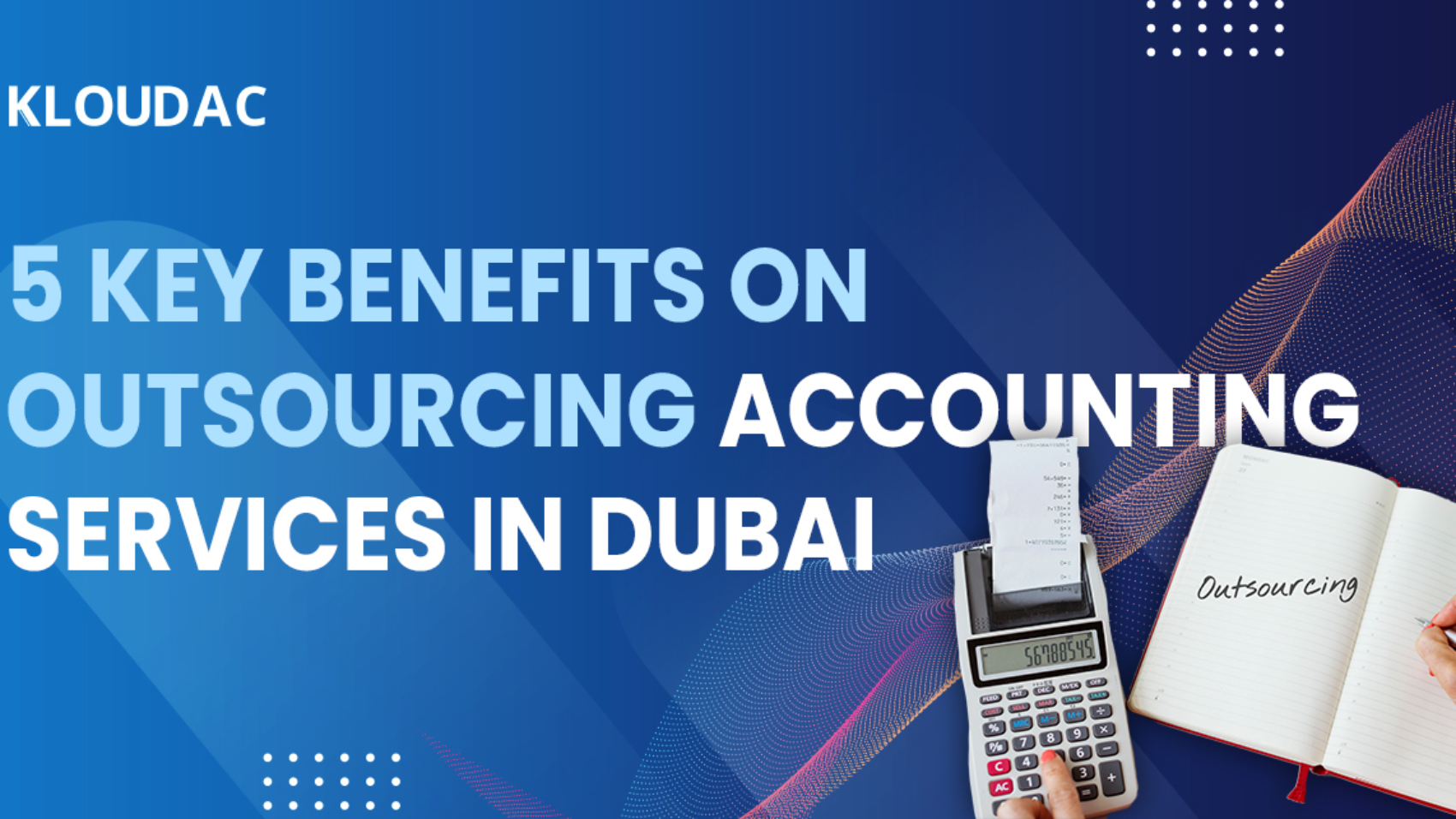Setting up a payroll procedure in your corporation is a requirement if you run your enterprise worldwide. Even if you may just have a few, many, hundreds, or even thousands of workers in your office, they all need to be paid. Most importantly, they must be paid on time, consistently, and precisely.
The Wage Protection System (WPS) was established by the UAE government as a project of the Ministry of Human Resources and Emiratization (MOHRE) to safeguard the rights and interests of employees in the UAE.
The organization can benefit greatly from a strong payroll processing system in numerous ways. This mostly improves and strengthens how your office is run. It simplifies and streamlines the management of all associated processes. With the systems in place, it directly lowers the costs because less man-hours and labor are required.
1. Establish policies and guidelines for the entire payroll system
The policies and procedures form the basis of any effective process, especially one as complex as payroll. Expecting to know them all at all times is unrealistic.
Although it’s possible that the core HR personnel will be able to recite them off by heart, payroll processing involves a sizable number of people, and information can be lost in translation. This is why it is essential to devote your time and money to writing a guidebook for the payroll procedure. Even though it is time-consuming, the job that needs to be done is crucial.
2. Use Integrated Systems
Many businesses use separate time and attendance and payroll systems. There might also be separate accounting or employee scheduling software. If the systems are not interconnected, someone must perform the tedious task of manually transmitting data. Moreover, data entry and manual transfers might cause serious issues. You can use automated software for the payroll management.
3. Keep track of deadlines
The fact that practically all of the relevant deadlines are known in advance is one benefit of managing payroll. You should make use of the fact that you have access to this information by scheduling this strategic planning in your payroll department.
This will ensure that nothing comes as a surprise to you and prevent you from submitting your work at the last minute, which could result in payroll errors and lower employee engagement and satisfaction with the HR department. The success of your payroll processing may depend on your compliance with rules and regulations and the filing of necessary tax forms.
4. Create deadline reminders
Best payroll practices are always ones that don’t rely on memorizing but make sure to remind you of every crucial task you need to finish.
Your schedule is typically packed, so it’s simple to overlook crucial information whether you run a small firm or a huge organization with many employees. Recognize that writing down a deadline is insufficient if you will eventually forget about it due to being overworked.
Setting up alerts and reminders for certain due dates and milestones is a great idea because of this. You can rely on your preferred project management tool or calendar to remind you as the due date approaches instead of tax due dates and paydays for each employee taxing your memory.
5. Be careful while classifying employees
If you aren’t aware of the risks associated with employee misclassification, it will be impossible for you to provide and file tax forms and then conduct payroll calculations correctly. To file them all individually and keep track of all the many payroll taxes you are needed to pay, you must understand the distinctions between full-time employees and independent contractors, exempt and non-exempt personnel.
Incorrect employee classification can result in penalties from the IRS as well as accidental errors in state wage calculations and ACA hours reporting. This is one of the most helpful payroll best practices because it may transform your payroll management from complicated to excruciating.
6. Automate and update your payroll system
There isn’t much time to pause and update the procedure because payroll processing must be completed each month, on schedule, and accurately. But practices evolve over time, and one of the major improvements in human resources software is the way we handle payments. It is therefore imperative that you adopt payroll automation if you haven’t already.
Your daily payroll procedures can be dramatically improved by payroll software. Your payroll management can be automated using a variety of software programs and services. You may better manage your workload, increase payroll compliance, and file your payroll taxes by using automated and digitalized solutions. Changing your operating style will undoubtedly require a lot of effort, but it will pay you in the long term.
7. Real-time tracking of time and attendance
When it comes to earnings and overtime pay, the end of the month might come with a lot of surprises.
In large organizations, in particular, it is simple to lose track of everyone’s hours, and if you aren’t monitoring the time cards, you could run into severe problems at the end of the pay period. Due to a lack of funding, small business payroll can be quite difficult, and going over the allotted amount might negatively affect your cash flow.
The easiest approach to prevent that is to perform real-time data input and analysis, allowing you to keep track of each of your employees’ positions and determine whether they have reached any predetermined limits. In order to save money on streamlining this procedure, you should use the numerous templates available in payroll software for your timekeeping.
8. Keep your documents organized
Best practices are constantly centered on learning new ways to make it efficient, so we have a tendency to forget the fundamentals: it’s all about being organized.
Make sure your files are organized at all times, whether you store them electronically or physically at your office. Never let paperwork accumulate on your desk, as it is very simple to lose track of your documents. It will take twice as long to get things back in order, which will delay the payroll process.
Make sure to file any new invoices, contracts, confirmations, or other documents in the proper locations as soon as you receive them. It will help you keep track of all the required paperwork and ensure that your payroll management is error-free overall.
9. Don’t wait until the last minute
Setting up notifications is important in payroll deadlines. So, don’t schedule them for the day before you have to file your taxes or when an employee has to get paid. You’ll wind up rushing through the document completion process, which will probably lead to mistakes you might have simply prevented.
Set aside adequate time to complete all the paperwork carefully and without being rushed. By doing so, you’ll be able to get in touch with your staff in a timely manner, collect any information that might be missing from your documentation, and repair any potential errors without stressing out about missing the deadline.
10. Think about sourcing your payroll
Even if your payroll manager is wonderful, you could occasionally run into problems.
It could be time to hire some payroll experts rather than overburden your devoted staff. Don’t be afraid to collaborate with outside parties because payroll laws are complex and constantly changing. It won’t hurt to incorporate someone else’s viewpoint and knowledge to ensure that everything is being done correctly.
KLOUDAC Accounting Firm Dubai, UAE
KLOUDAC is a recognized accounting firm in Dubai, UAE with 15 years of service experience. We have built connections with over 500 customers. It has also won the certification of Xero Payroll and certification of Xero advisor from the world-leading online accounting software – XERO. Moreover, KLOUDAC is a golden champion partner of Xero. Accounting and Bookkeeping are more convenient for the SMEs via KLOUDAC since they provide their clients with a whole package of services such as Financial Consultancy, Business setup, Audit and assurance services, Taxation services, Recognized accounting software, and more.









